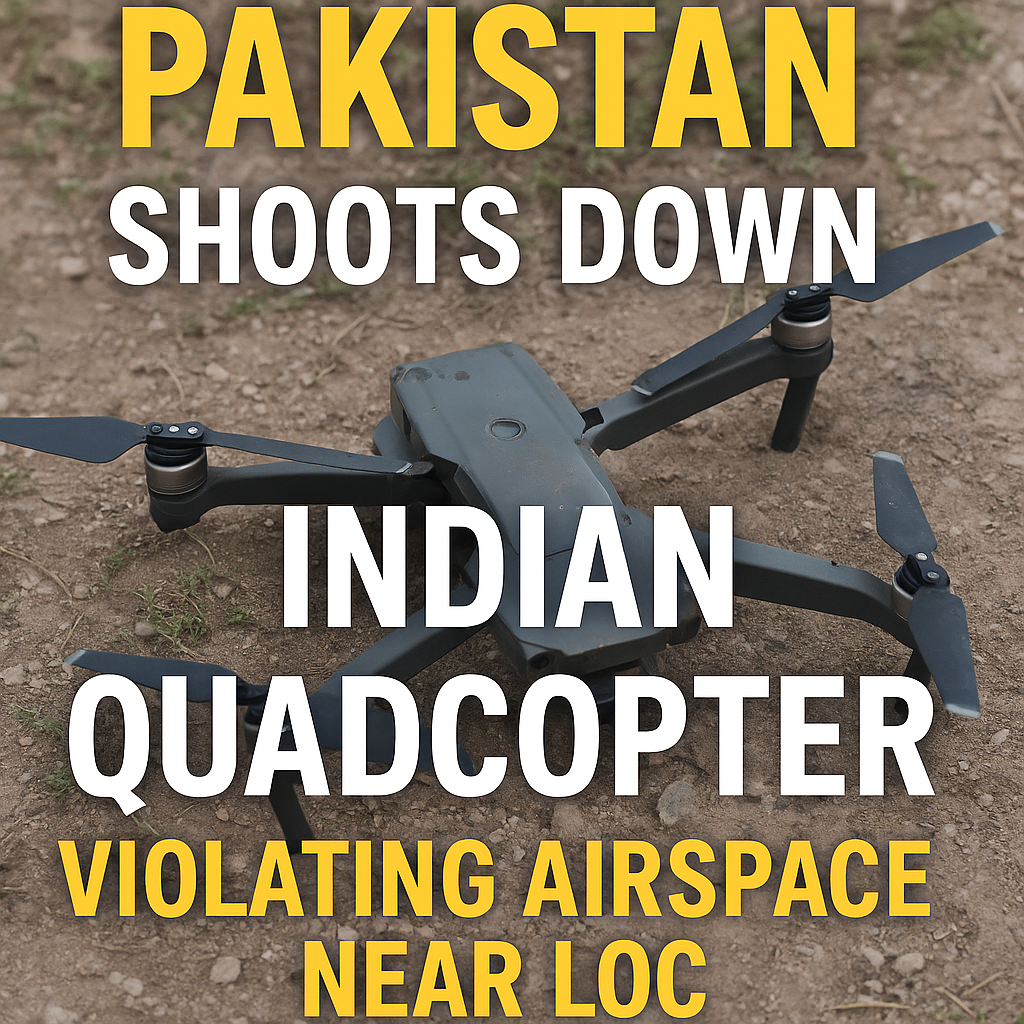Iran Warns U.S. Over Israeli Attack | Rising Tensions in Middle East
Iran Warns It Will Hold U.S. Responsible for Any Israeli Attack
Iran Issues Strong Warning Amid Rising Tensions
In a bold and escalating development, Iran has issued a direct warning to the United States, stating that it will hold Washington fully responsible if Israel carries out any military attack on Iranian soil. This warning comes at a time when the region is already simmering with political and military tensions, raising fears of a broader conflict in the Middle East.
Backdrop of the Warning
The warning was conveyed through diplomatic and media channels, as Iranian officials responded to recent Israeli airstrike threats and covert operations, some of which reportedly targeted Iranian interests in Syria and Lebanon. Iran believes that these acts are not isolated and are being carried out with tacit, if not direct, support from the U.S.
Iranian Foreign Ministry Spokesperson Nasser Kanaani emphasized,
“If the Zionist regime (Israel) commits any military aggression, we will consider the United States responsible and respond accordingly.”
This statement highlights Iran’s long-standing view that the U.S. backs Israeli military and intelligence operations in the region, particularly those aimed at weakening Iranian influence.
U.S. Response and Regional Concerns
So far, the United States has urged “de-escalation and diplomatic solutions” but has not directly addressed Iran’s warning. U.S. officials maintain that they are committed to Israel’s security, but also stress the need to avoid a wider conflict.
Meanwhile, regional observers and analysts are growing increasingly concerned. The possibility of miscalculation between any of the involved powers — Iran, Israel, and the U.S. — could ignite a conflict with devastating consequences.
Israel’s Stance
Israel has neither confirmed nor denied recent strikes, consistent with its policy of strategic ambiguity, but top Israeli defense officials have repeatedly stated that they will not allow Iran to expand its nuclear or military footprint in the region.
Prime Minister Benjamin Netanyahu recently stated:
“We will act, and continue to act, to defend our citizens from the Iranian threat — wherever and whenever necessary.”
This stance is seen by Tehran as a green light for further provocations.
International Reactions and Diplomatic Efforts
Global powers including Russia, China, and the European Union have called for restraint and renewed efforts toward diplomatic engagement. However, diplomatic channels remain fragile due to the stalled nuclear deal (JCPOA) and mutual distrust between Iran and Western nations.
The United Nations has urged all sides to avoid any actions that could destabilize the already volatile Middle East.
What This Means for the Region
If tensions continue to escalate:
Oil prices could spike due to concerns over Persian Gulf security.
Proxy groups across Lebanon, Iraq, Syria, and Yemen may be activated, potentially triggering broader clashes.
Global diplomatic dynamics could shift, especially if the U.S. is drawn into another Middle Eastern conflict.









Post Comment